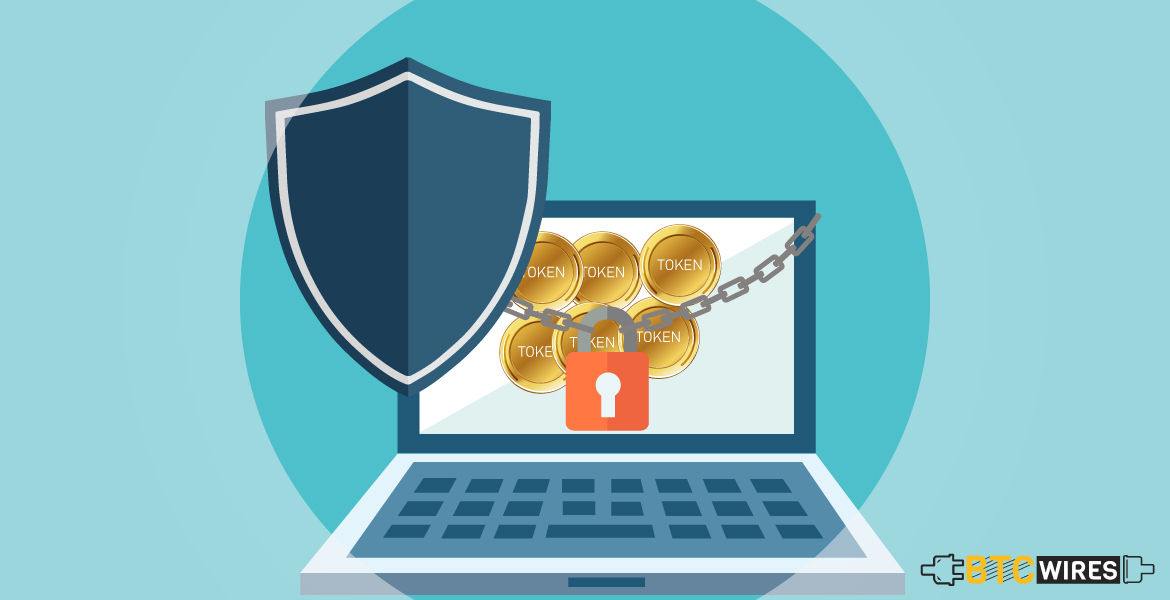Of all the jargon that crypto world throws at you

Of all the jargon that crypto world throws at you daily, one might be the term “security token”. What is it? How does it work? Why is there such a hype about it? This beginner’s guide seeks to find answers to these basic questions to help you understand headlines and op-eds about security tokens a little better. If you’ve been around the crypto world for a while, you definitely know about ICOs or initial coin offerings and the pros and cons of investing in ICOs. Now, security tokens are one of the 3 different kinds of tokens issued by ICOs. Let’s find out how they work:
What are Tokens?
In breaking down this topic, let’s take a very small unit first: token. What does this word really mean? Token means anything that serves as a symbolic representation of something that has value: it can range from being an asset such as land or gold to stake that allows you to have voting rights in a system. Now ICOs or initial coin offerings issue tokens of three different kinds, namely: equity tokens, utility tokens or security tokens.
What are Security Tokens?
As we have already explained, tokens represent the value of some other asset. Now when a token represents the value of an asset that is external and can be traded against, it is known as a security token. These security tokens are then deemed as securities themselves and are required to adhere to government regulations concerning securities. Normally these regulatory obligations are rather strict but if a security token does manage to play by the rules, it can be used to explore several possibilities in terms of applications. Perhaps the most important of these possibilities involves using a security token to represent the value that of company shares or stocks. Thus, if that is done, security tokens come to represent a stake in the company itself.
This practice is being increasingly explored by companies. We have even seen e-commerce platform Overstock announce that one of the portfolio companies under it, tZero, will be hosting an ICO to raise funding for creating and developing an authorised trading platform for security tokens. While adhering to regulatory directives, the tZero tokens are supposed to give holders the right to earn quarterly dividends out of the platform’s profits. Many commentators are convinced that companies from all fields will one day adopt the way of ICOs to raise funds and issue shares, by using security tokens. Ideally, this would replace the traditional IPO (initial public offering) system. The fact that organizations are warming up to the idea of these tokens, is proven by how even the Smartlands Platform sees tokens as the assets of future, emphasizing repeatedly on the potential of security tokens.
Criteria for Determining What Is a Security Token
Usually, a token that passes the Howey test with flying colours is said to be a legitimate security token. The Howey Test emerged from a case heard by the US Supreme Court, between the Securities and Exchange Commission (SEC). The proceedings of the case led the apex court to lay down certain criteria defining investment contracts. The same set of criteria are used to identify if a token/transaction qualifies as security token. The criteria are as follows:
1. There must have been a monetary investment.
2. The investor expects some profit out of the arrangement.
3. The monetary investment must have been made in a common enterprise.
4. The profits are the result of efforts expended by a “promoter” or a “third party”
The point about the investment being monetary has been revised by the judiciary in later judgements to include any valuable asset. The basic premise of this classification is that something can be called a “security” only if the investor expects to earn profits out of it without being able to control any aspect of the concerned activity or its outcome.
Having established that security token is an interesting category of token issued by ICOs, we must once again emphasize on the fact that no matter how lucrative or promising some token offerings may seem, it is advisable to take some steps to analyzing ICOs before making an investment.
